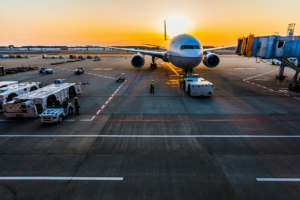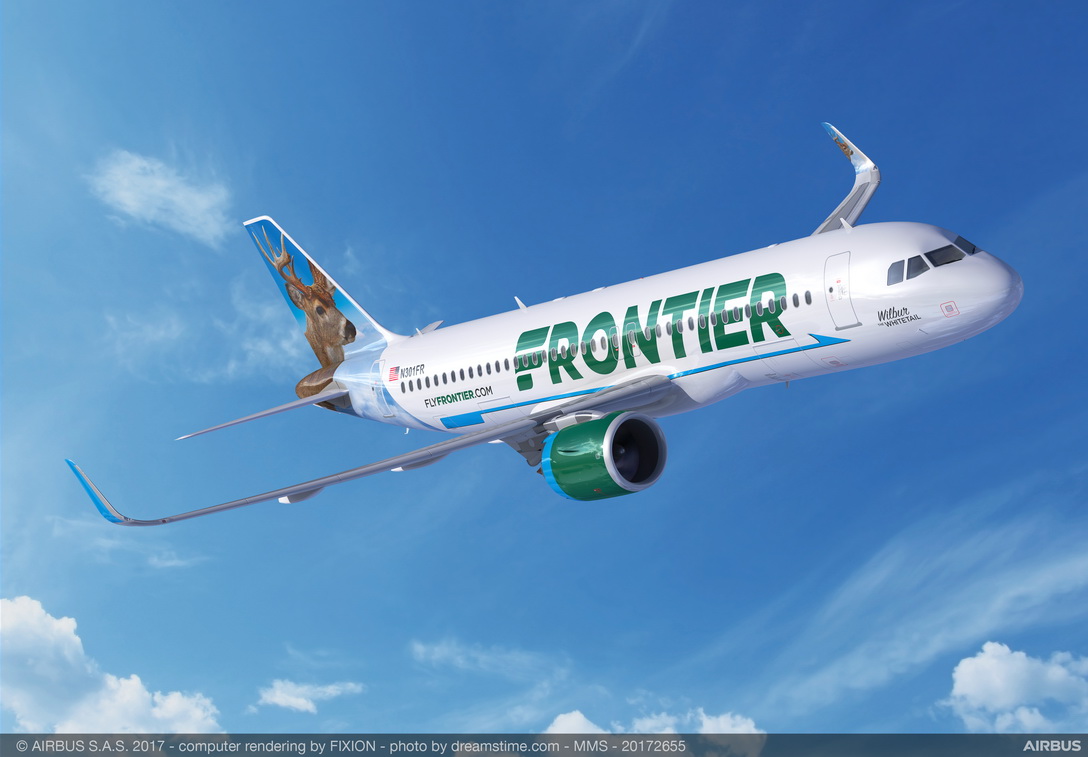IATA Endorses Antigen COVID-19 Tests for Reopening Travel

With COVID-19 tests being part of the travel landscape for the near future, the International Air Transport Association is putting their endorsement behind rapid antigen tests. Their support is based on a study commissioned by the industry group completed by OXERA and Edge Health.
As part of the path to re-opening international travel, COVID-19 testing will inevitably be part of the future. In February 2021, the United States created a testing mandate for all residents returning from a foreign country. The International Air Transport Association (IATA) is suggesting governments adopt the rapid antigen test over PCR tests as the universal standard, after a research study suggests they could be more accurate, convenient, and cost effective.
Support of Rapid Antigen Test Based on IATA-Commissioned Report
The support of rapid antigen testing is based on a report completed by OXERA and Edge Health, commissioned by the IATA. Based on the collected data, the group says rapid antigen tests have two key advantages over PCR tests: an accelerated processing time and lower price point.
While the PCR and rapid antigen test have a similarly low false positive rate, rapid antigen tests come back faster compared to the other option. According to the IATA, the process time for a rapid antigen test is “100 times faster” than PCR testing, along with 60 percent cheaper.
“Along with vaccines, testing will play a critical role in giving governments the confidence to re-open their borders to travelers,” said outgoing IATA director general and CEO Alexandre de Juniac. “The OXERA-Edge Health report tells us that the best-in-class antigen tests can tick all these boxes. It’s important for governments to consider these findings as they make plans for a re-start.”
From their data, the IATA noted that PCR tests not only come with a significant time cost for travelers but may also be limited in certain parts of the world. The trade group says the rapid antigen test should be given status as an acceptable pre-travel test worldwide.
Airlines and Airports Mixed on COVID-19 Testing Options
Although the IATA is calling for a single standard, airlines and airports are still conflicted about which option to use. American Airlines and JetBlue offer an at-home PCR tests as a pre-travel option to certain destinations, while Delta Air Lines and KLM Royal Dutch Airlines opted for a rapid antigen test for their corridor between Atlanta and Amsterdam. Tampa International Airport offered both types to travelers at different price points.
























Yes, too simple. 1. Can be forged (don't laugh, there have already been reports of this happening elsewhere). 2. As ghina said, vaccination reduces risk of infection and being infectious, it does not eliminate it. 3. Rapid antigen tests can be > 99% effective in preventing COVID-19 spread by detecting those who currently have enough viral load to be infectious.
What he said. What’s wrong with vax proof? Too simple?
sfoeuroflyer - Rapid antigen tests are cheap, accurate (for determining infectious people), and results take 10-30 minutes, depending on the test. The FDA finally approved 2 OTC tests this week for at home testing without a prescription. If these become widely available and used, they will be a major contributor in controlling the pandemic: https://time.com/5912705/covid-19-stop-spread-christmas/ Unfortunately, proof of vaccinations can be forged, but if done right, perhaps that can be mostly prevented. Things just seem to move soooo slowly.
Vaccination does NOT mean you are covid proof. Less likely but you can still get it.
As long as there is the possibility PCR tests are testing for "dead nucleotides" a la Fauci, it would be good to have the antigen option. Also don't antigen tests work only if you have symptoms, ie active infection? It would be pointless to test people with no symptoms. Those vaccinated keep themselves from having severe symptoms, they don't stop the spread, unless there is new data?